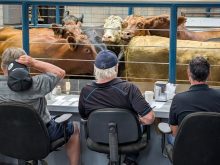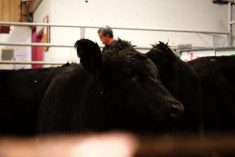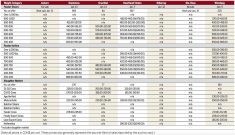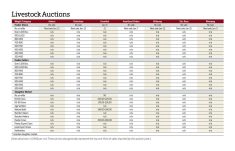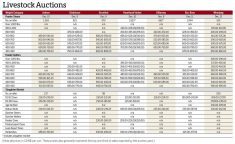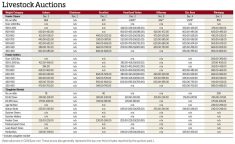Only three cattle auctions were open the week of May 17 to 23 due to a combination of the Victoria Day long weekend and summer schedules.
Winnipeg Livestock Sales was one of them. Its May 17 sale put 160 slaughter cattle and 390 feeders through the rings, virtually the same number it had in the previous week’s sale. Grunthal and Heartland Livestock Services’ Brandon auction were also open last week.
“We are seeing a lot of guys bringing in not necessarily clean-up cattle, but a lot of held-back heifers,” said Winnipeg Livestock field representative Scott Anderson. Those are animals that producers never intended to keep because they aren’t best for breeding.
Read Also
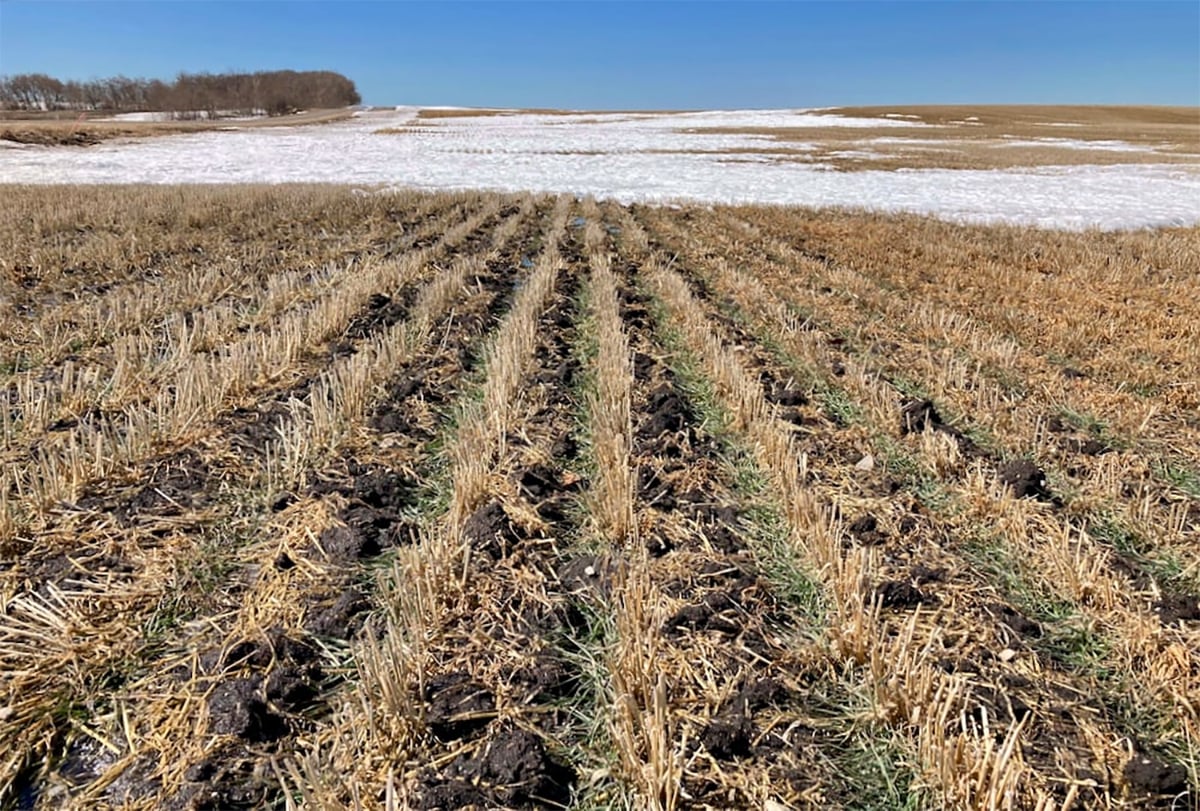
Winterkill threat minimal for Northern Hemisphere crops
The recent cold snap in North America has raised the possibility of winterkill damage in the U.S. Hard Red Winter and Soft Red Winter growing regions.
As for reduced numbers coming to auction from week to week, Anderson said producers want to get on with spring planting, and there are fewer cattle left on ranches.
However, rainy weather May 24 could result in more cattle coming in, he said. With other auctions closed, it could increase numbers in Winnipeg.
For Winnipeg’s May 17 sale, Anderson said prices were “at least fully steady,” with bulls stronger and cows up marginally. D1 to D2 cows sold for $175 to $185.50 per hundredweight, while the D3s to D5s fetched $160-$175, virtually the same as at Winnipeg’s May 10 sale.
Mature bulls brought in $210-$211/cwt., with the low end up $10 from the previous week.
Anderson said 600-to-700-pound feeder heifers went for as much as $368/cwt., up from the top end of $359 a week ago. Feeder steers in the same weight class saw the high price bump up by $8 at $430/cwt.
A turnaround in the United States futures market helped with the increase.
“It’s good to see the futures have been creeping back up after they fell apart there a little bit,” said Anderson.
Winnipeg will continue its weekly auctions until the end of June and then switch to bi-weekly for the balance of the summer. With summer near at hand, Anderson said auction prices are likely to remain stable even with fewer cattle to be sold.




